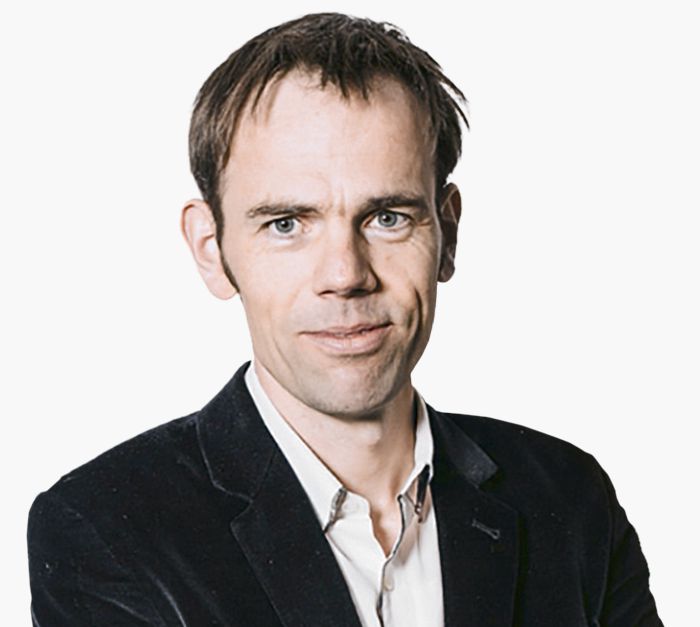Apparently, Washington thought it was time to pause for strategic reflection. Rhetoric about an imminent military conflict between the US and China has been so high in recent months that calls for an economic ‘disengagement’ between the two superpowers have become so loud that the White House has had to dot the i’s and cross the t’s.
It led to two key speeches about America’s place in the world vis-a-vis China by two of President Biden’s most senior advisers. On April 20, Janet Yellen, Secretary of the Treasury, spoke about America’s relationship with China. A week later, Biden’s top security adviser, Jack Sullivan, advocated reform of national economic policy.
This role division immediately reveals how acutely and thoroughly the United States perceives, processes, and translates into word and action the strategic challenge of China’s rise. Domestic and foreign, economic policy and geopolitics are less divided than ever.
Yellen had clear messages. A “total separation” between the US and China would be “catastrophic” for both countries and destabilize the global economy. so don’t’cut offGuide, but reduction of strategic biases. That last message has flown from Europe to Washington, perhaps brought to the White House by Commission President Ursula von der Leyen.
Yellen reiterated the three strokes the European Union developed in 2019 for its relationship with China as a country that is simultaneously a formal rival, an economic competitor and a diplomatic partner. In an increasingly hostile environment, the confrontational character dominates so that he retains space for fair competition and debate.
Dilemmas begin as the tension between the characters rises. Take the tighter export restrictions on semiconductors announced last fall by Yellen’s colleague Jake Sullivan, which put ASML in a tight spot. Was that decision based solely on national security? Yellen swore to her audience that it would be the first time – in Beijing or Veldhoven – but not everyone could be convinced.
Against the backdrop of legendary predecessors such as Nixon adviser Henry Kissinger, Sullivan intended Nothing less than a strategic realignment of America. He points to the failure of the post-1980 liberal promise, both domestically (inequality and deindustrialization) and foreign (trade liberalization with Russia and China). Each time, Sullivan combines economic theory and geopolitics Grand strategy. Investments in roads, clean energy, and chip factories simultaneously fuel domestic prosperity and the growth of foreign power.
The Biden man reveals a tilt in the relationship between state and market that has already begun in a tumultuous way under Trump. The US government has returned as investor, builder and protector. It is easy for Sullivan to say goodbye to the earlier, ‘modern liberal’ consensus, because he recognizes that America has also functioned according to other models in recent centuries. The country did not deregulate; China needs a different approach. The international order constructed by Washington after 1945 is, in this sense, a snapshot.
Europe is wedded to that international order. We cannot imagine an existence beyond or after it. This of course applies to the European Union, the summary of that provision, and the Federal Republic of Germany. This may explain some of the strategic silence A third recent keynote speech on China, Van der Leyen – Commission President and German. Just before his visit to Xi, he wanted to sharpen Europe’s approach, particularly because of Xi’s softness toward Putin. Much of his criticism makes sense, but at no point does China appear to us to be the only and complete “international order” dominated by the US and the West. Van der Leyen makes no mention of the US presence. This way she doesn’t have to judge distance and her own position.
The only one Grand strategy After 1989 the EU accelerated the ‘end of history’. Making the whole world free and rich by trading hand in hand with America and exporting value. Putin and Xi are opposed to this plan. It makes Europe angry and speechless. Anyone who disrupts our worldview should go to the criminal court in The Hague. Team-Biden looks ahead: A new era begins.
Luke the Mediator A political philosopher and historian.
A version of this article also appeared in the May 3, 2023 issue.







